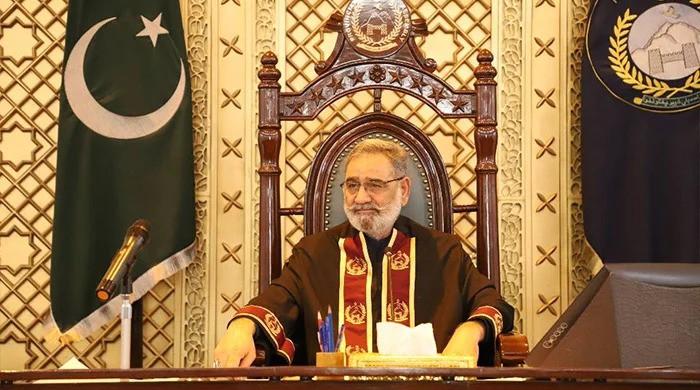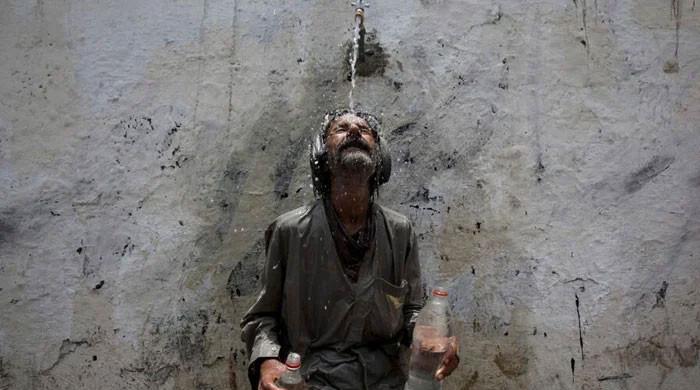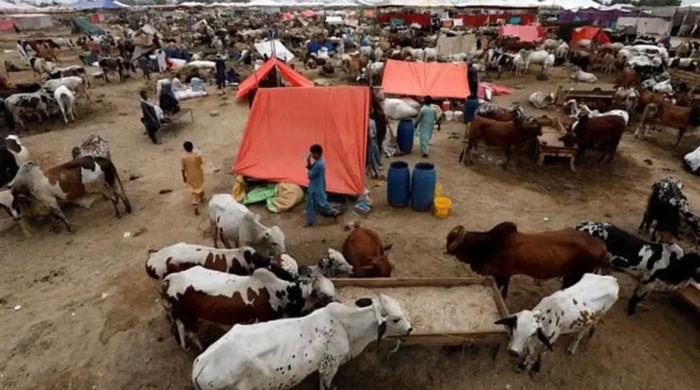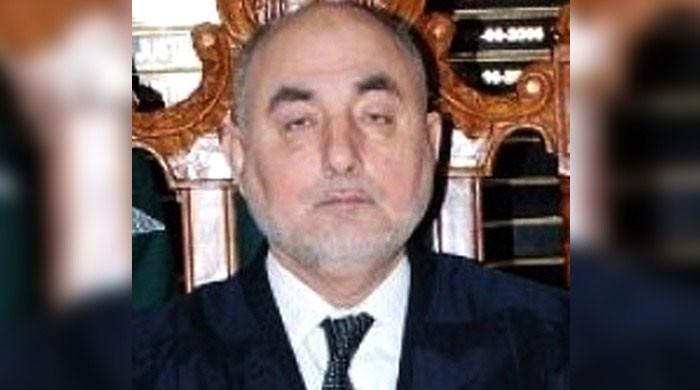Speculation Musharraf may seek medical help abroad
LONDON: The trial of Pakistan’s Pervez Musharraf was thrown into doubt on Friday following a possible cardiac arrest a day earlier, igniting speculation that the former military dictator may now...
January 04, 2014
On Thursday, the former president diverted from his journey to appear before a specially-convened court, where he was due to face charges of treason, to receive treatment for chest pains.
Mr Musharraf ruled the country for nine years before being forced from office in 2008. After more than four years in exile, he returned as part of an unsuccessful attempt to retake power in national elections last May.
The decision by Prime Minister Nawaz Sharif, who Mr Musharraf deposed in a coup in 1999, to prosecute his former rival has raised worries overseas that the trial could destabilise the already fragile relationship between Pakistan’s military and civilian leadership.
The former leader is now being treated at the Armed Forces Institute of Cardiology hospital in Rawalpindi, a facility operated by the country’s powerful military, which ruled Pakistan for almost half of its life as an independent state.
Mr Musharraf’s decision to seek help at the facility, which is located about five minutes drive from the army headquarters from where Mr Musharraf ruled during his tenure, has led political opponents to make accusations of interference in the trial process.
“People should have expected this outcome. At some stage, the military was going to step in to protect its former chief and that is precisely what has happened,” said Ahmed Mukhtar, a former defence minister for the Pakistan Peoples party, which is opposed to both Mr Sharif’s government, and Mr Musharraf.
Mr Musharraf last Sunday said that “the whole army” was upset over his trial, although Pakistan’s military is yet to comment on the developments. Security analysts have corroborated the view that the military is unhappy at the prospect of a former army head potentially facing life imprisonment.
The hospitalisation has led to speculation among diplomats and military figures that the former dictator’s fate will now be decided through a deal allowing him to travel abroad for medical attention, a move that could potentially defuse tensions between the army and Mr Sharif’s administration.
People should have expected this outcome. At some stage, the military was going to step in to protect its former chief and that is precisely what has happened
Sources close to Mr Musharraf told the Financial Times on Friday that the development was likely to see him leave for treatment in either Saudi Arabia or the United Arab Emirates, and potentially a return to exile.
“There is no way that president Musharraf will be kept and humiliated in Pakistan. By coming to this particular hospital, the president has turned himself to the army’s protection,” said one retired military figure, speaking on condition of anonymity.
Such speculation was dismissed as premature by senior figures in Mr Sharif’s administration, however, who stressed that the former leader’s trial could soon resume. “There is a chance that the doctors give him a clean bill of health, he returns home and is then eventually led to the court,” said one cabinet minister, who asked not to be named.
The trial relates to events in 2007 when Mr Musharraf, as Pakistan’s president and army chief, imposed a nationwide state of emergency, suspended civil liberties and oversaw the arrests of a number of his opponents.
Supporters of Mr Sharif say that the trial process is an important step in cementing Pakistan’s political system following May’s elections, which saw the first democratic handover of power in the country’s history, although critics suggest the trial is also designed to settle old scores between the two men.
Developments in the trial, which was meant to begin earlier this week, have been followed closely in the country, although many ordinary Pakistanis stress that their leaders should focus instead on solving chronic energy shortages that have fuelled widespread resentment of Mr Sharif’s government.











